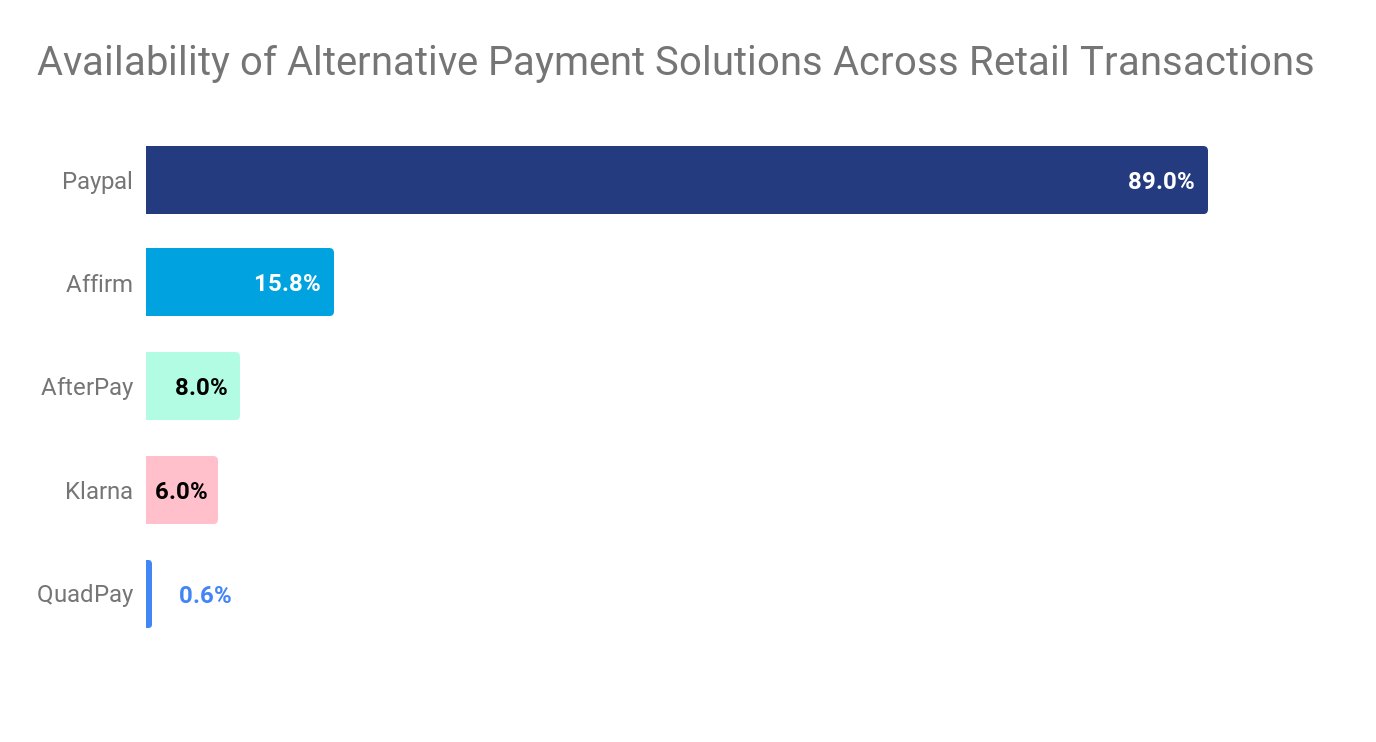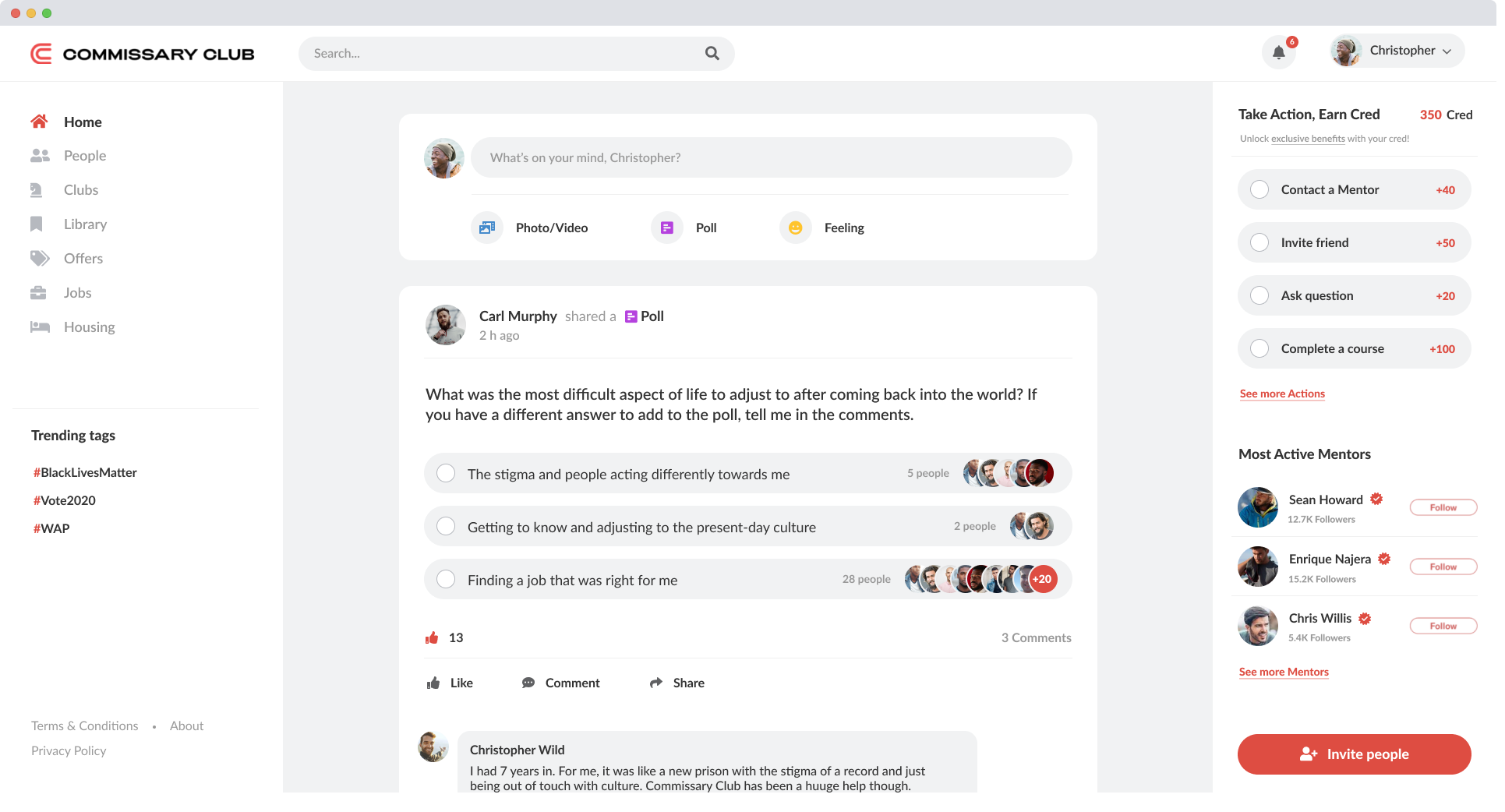Social media platforms like Facebook and Twitter have taken a messy beating from critics unhappy with how they handle questionable content on their platform, with some complaining they don’t do enough to rein in misinformation, and others decrying censorship. But what about Spotify? The company is never mentioned in this context, and with its traditional business couched in streaming recorded music, you might understand why its biggest controversies over the last few years have been over how little musicians get paid.
That position, however, is being jolted into quite different territory now with its move into podcasting, which is raising lots of questions over what role Spotify should and could play in overseeing the content on its platform. Now people are in an uproar of who, essentially, gets a platform on its platform.
That issue was highlighted in the last day, when Joe Rogan — the highly paid podcaster with a libertarian bent — brought on Alex Jones (of InfoWars fame, whose own podcast was removed from Spotify, along with YouTube and others, in 2018) on to his show for a meandering three hours, leading to an uproar over how Spotify is giving a spotlight and microphone to an infamous purveyor of misinformation.
The conversation, which also featured comedian Tim Dillon, covered a pretty wide range of topics, with the common themes being today’s most controversial topics, unproven (or disproven) stories behind them presented as fact, and of course the dastardly Dems.
Rogan made a few attempts at refuting or standing up some of the stories and claims that they covered. Early on, for example, when Jones started to talk about how the Democrats are in the pocket of the lobbyists (while Trump was not, according to him), Rogan called up web links in real time, showing that this isn’t quite so clear, with AT&T admitting to paying Trump’s former lawyer Michael Cohen fees, to help advance its own position with Trump and his administration.
“I was just trying to give you a Gestalt analysis,” Jones growled in response… He then went into a defense of Jared Kushner. “Everything he touches he turns to gold.” (Except, it seems, this, this, and well, maybe many other things, actually.)
The conversation veered on to a number of other topics, such as how the Democrats were intentionally trying to crash the economy to make Trump look bad, and a discussion, very the foggy on details, of the effectiveness of vaccines (foggy, but probably enough strands of which, in the hands of a person already skeptical, may well be the tipping point to dismissing Covid-19 public health initiatives altogether).
For now, Spotify is not saying anything in response to this publicly. We’ve tried to reach out to the company to get a response to questions about the show, and we will update if we hear back. We’ve had nothing for hours, and a colleague who asked the same questions months ago never heard back either. So we’re not holding our breath.
Notably, while Spotify has detailed how to report illegal musical tracks or explicit lyrics on its platform, it has never outlined its content policies when it comes to podcasting.
And from the looks of it, the company has been using some delaying tactics in facing up to the problem more directly.
BuzzFeed today has published a leaked memo from the company’s legal officer Horacio Gutierrez, from today, which appears to defend the company’s position on publishing controversial podcasts (not this one in particular), giving hosts the freedom to have whichever guests they want, and not responding to public outcry but to refer issues to Trust & Safety to investigate.
“If a team member has concerns about any piece of content on our platform, you should encourage them to report it to Trust & Safety because they are the experts on our team charged with reviewing content,” he wrote. “However, it’s important that they aren’t simply flagging a piece of content just because of something they’ve read online. It’s all too common that things are taken out of context.”
Bulleted talking points about controversial content seem to underscore how Spotify is sticking to a position of being a neutral platform, not a proactive curator: “Spotify has always been a place for creative expressions,” Gutierrez wrote. “It’s important to have diverse voices and points of view on our platform.”
He then noted that if a podcast complies with Spotify’s content policies — it doesn’t make clear what those are — then guests are not banned: “We are not going to ban specific individuals from being guests on other people’s shows, as the episode/show complies with our content policies.”
He noted in closing that “we appreciate that not all of you will agree with every piece of content on our platform. However, we do expect you to help your teams understand our role as a platform and the care we take in making decisions.”
People were upset back when Rogan came to Spotify in an exclusive, reportedly $100 million, deal earlier this summer — an event that first introduced the question of how Spotify would handle content controversies. No surprise there, since Rogan was already courting controversy over, for example, how he uses slurs considered to be transphobic by members of the LGBQT community (an issue that has not gone away). Now those questions are coming up again, along with boycotting threats.
Whether this actually makes a dent in its user base, it does raise lots of questions about how the profile of the company is changing, and that Spotify has been given a relatively easy break when it comes to content on its platform up to now. It’s been optimising for exclusive names and speed to market in getting them (and paying big bucks for the bragging rights), over considering what those names are actually doing, and what impact that could have.
One interesting angle to ponder is whether other high-profile hosts might bail if they feel strongly about Spotify’s editorial position. Another is whether (or when) this will catch the eye of the Powers That Be.
Just today, executives from Facebook, Twitter and Google are being brought before the Senate with questions about bias on their platform and how their staff approaches content moderation, and whether they are liable for that content. I don’t know how effective or impactful today’s testimony will be, but for a start, maybe it’s time they start including Spotify in that list, too.

Source: Tech Crunch







